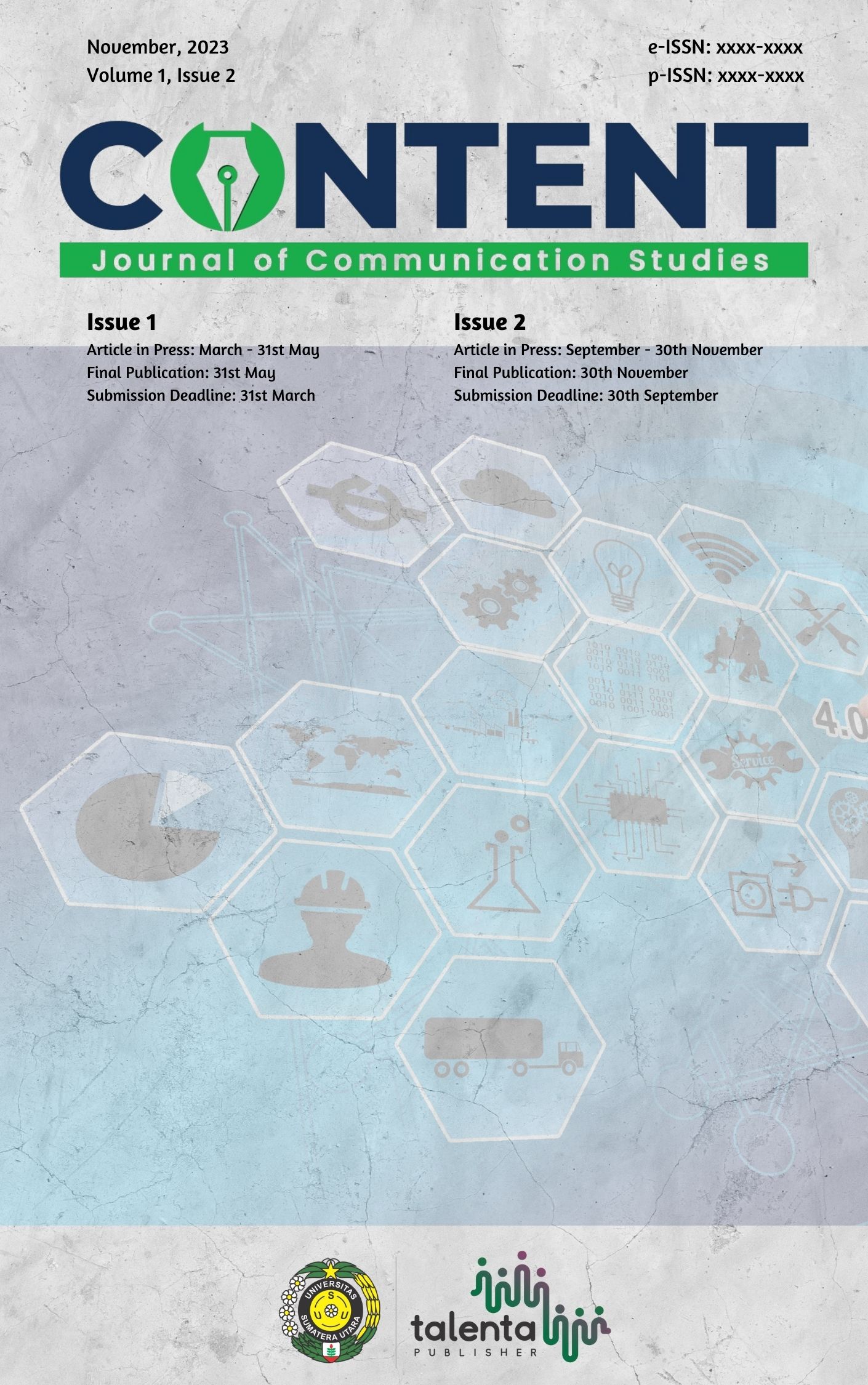Analisis Teori Connectivisme, Alternatif Pada Pembelajaran Daring dan Dampaknya Terhadap Motivasi Belajar Peserta Didik
DOI:
https://doi.org/10.32734/cjcs.v1i02.13097Keywords:
Connectivism, Learning theory, LearnersAbstract
The theory of learning Connectivism is a learning theory characterized by “Strengthening learning, knowledge and understanding through the expansion of personal networksâ€. This research focuses on (1) Describing the characteristics of the theory of learning connetivism by Goerge Siemens (2) Describing how the theory of learning connectivism affects the learning motivation of students in online learning.
The theory of learning connectivism is an alternative to facing the COVID-19 pandemic in 2020 where in learning, various individuals are connected who are looking for relevant information on the available platform and used as a source of information. Individuals involved in it are expected to be critical and active in any information collected on the internet.The theory of learning connectivism is to distribute knowledge facilitated by internet networks to stay connected to each other. The use of connectivism learning theory in online learning also requires teachers to change their learning system by utilizing various available facilities such as laptops, smartphones, and notebooks to help with learning activities. This is also one of the things that encourages students to take advantage of advances in information technology by accessing the internet to enrich knowledge, learning references, and motivate students to be more selective and critical. The method used in this study is a study of literature obtained through journal literacy, collecting various journals related to related topic titles.










